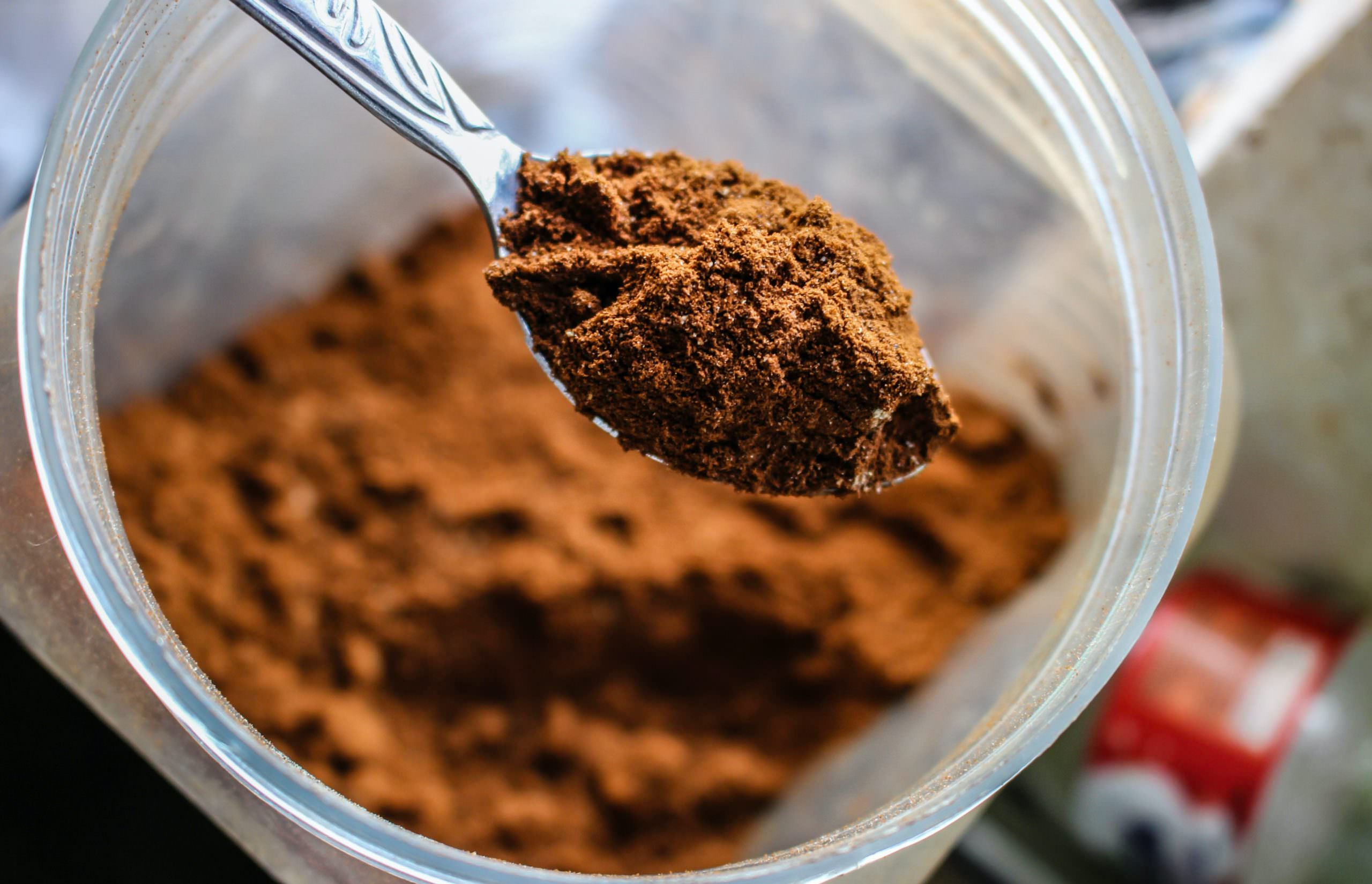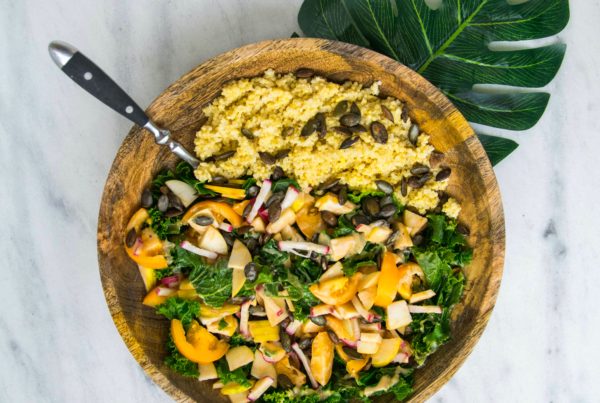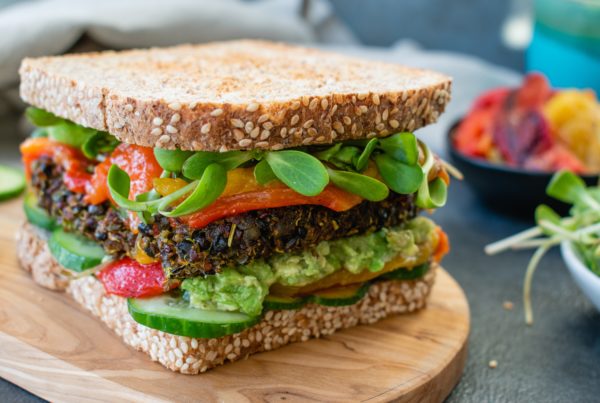The sports nutrition and supplements industry has expanded tremendously in the last decade. With this expansion comes a wide range of new supplements, including protein powders, which quickly has become one of the most popular supplements for athletes. However, it’s easy to become overwhelmed by all the choices available on the market.
It is important to acknowledge some of the myths about protein powder as the media loves to play up the importance of protein and the need to get enough. Most of your protein should come from whole food sources, thus protein powders are not absolutely essential. Furthermore, protein powders can be costly and should not be taken every day. That being said, a supplement can be great for when you are on the go or when you are going through an intense training cycle. Let’s breakdown the different kinds of protein powders and when they should be utilized.
Whey isolate is one of the most common protein powders. It is fast digesting and water-soluble, which makes it a perfect post-workout if you do not have time for a full meal or snack. However, whey is a protein found in milk and should be avoided by those with a dairy intolerance. Casein protein is also a milk derivative but digests much slower. It can be a great bedtime snack as it will digest overnight and helps build muscle. It is not as readily soluble as whey, and forms a pudding consistency when mixed with water.
Vegan Proteins such as soy, pea or brown rice proteins are great for those with lactose intolerance. Soy protein can also help decrease the risk of heart disease and lower cholesterol while providing additional nutrients compared to whey and casein proteins. Vegetable proteins are not as soluble and take longer to digest due to the increased fiber content, so they are not as ideal after strenuous workouts. But they can be especially beneficial for those who cannot have other proteins or vegans who are making the transition and may not be able to get enough protein in their daily diet.
When selecting any protein powder, look for minimal added sugars, fats or artificial sugars. After workouts, opt for a faster absorbing protein powder such as whey. Remember, protein powders are not necessary for daily life, but can be good as a convenient substitute. If you have the time, choose whole food alternatives, as they offer other essential vitamins and nutrients. But when you are in a hurry, now you can make an informed decision about which protein will be your go-to!



